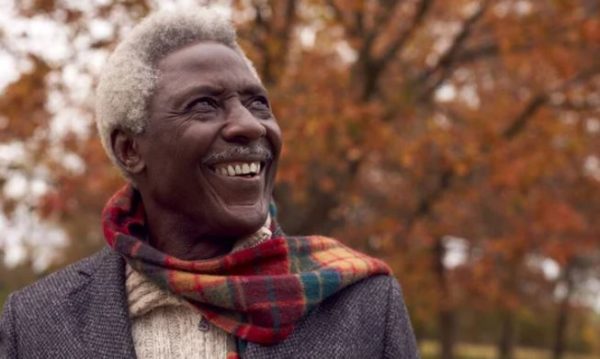Lifestyle
3 things the world’s oldest people regret, according to longevity researchers

As people journey through life, it is common for them to reflect on past decisions and actions, often leading to feelings of regret.
This phenomenon has intrigued researchers and psychologists for decades, and there is a growing understanding of the science behind why people experience regret as they grow older.
Regret can be defined as a negative emotion associated with a person’s belief that they could have achieved a better outcome if they had chosen differently in the past.
It often arises from unmet expectations, perceived mistakes, or the feeling of wasted opportunities.
Anyone may experience regret about various facets of their lives, including relationships, career choices, educational pursuits, and personal achievements.
One of the key components of regret is memory, particularly the phenomenon of selective recall.
This selective recall can magnify the significance of missed opportunities or poor decisions, intensifying the emotional impact of regret.
According to Ben Meyers and Fabrizio Villatoro, researchers at LongeviQuest, an organisation that verifies the ages of supercentenarians (people who live to 110 or older) worldwide, the oldest individuals have shared their most common regrets.
Meyers, CEO of LongeviQuest, and Villatoro, Latin America research president, have had the opportunity to speak with these remarkable individuals, gathering insights on longevity and the things they wish they had done differently.
Meyers noted that many of the centenarians they spoke to had endured incredibly challenging lives, having lived through significant events such as war, the Great Depression, and decolonisation.
Despite this, he pointed out that their regrets were relatable and “pretty human”, much like those of the general population.
1. Working too hard
One common regret expressed by centenarians was not spending enough time with family. Meyers described this as a “typical” regret among the supercentenarians they encountered.
Villatoro added that some regretted life’s hardships and world events that disrupted their stability and prevented them from having more children.
Another regret that emerged was working too hard. Villatoro shared the story of Juan Vicente Pérez Mora from Venezuela, the oldest validated person ever at the age of 114.
2. Quality time with loved ones
Mora had wished he had worked less, as he had dedicated his life to hard physical labour on his family’s farm.
Villatoro explained that Mora’s family had spoken about his regrets of not exploring different career paths, which would have allowed him to spend more time with his loved ones.
This sentiment resonates with findings from previous studies, which indicated that many individuals in hospice and palliative care also regretted prioritising work over family time.
3. Not travelling more
Not travelling more was another common regret expressed by centenarians. For instance, Evangelista Luisa López, who grew up in Santa Fe province, Argentina, and later moved to Mar del Plata, wished she had travelled more throughout her life.
This sentiment aligns with the findings of Karl Pillemer, a professor of gerontology in medicine at Weill Cornell Medicine.
In his book “30 Lessons for Loving: Advice from the Wisest Americans on Love, Relationships, and Marriage”, Pillemer highlighted that older Americans also regretted not having travelled more, particularly during their younger years.
Despite the intrinsic challenges associated with regret, ageing also offers the potential for wisdom and self-reflection.
Coping with regret can be a challenging and emotionally taxing experience. However, there are several effective coping mechanisms that individuals can employ to navigate and manage feelings of regret.
- Coping strategies
Understanding and implementing these coping strategies can help individuals cultivate resilience, promote self-growth, and ultimately move forward in a constructive and empowered manner.
- Reflecting on experiences
Thinking about past experiences can help you see regret as a way to learn and grow, rather than just something negative.
- Being kind to yourself
Treating yourself with kindness and understanding, especially when facing challenges or regret, can help you acknowledge mistakes without being too hard on yourself. This can build resilience and improve how you see yourself.
- Embracing mindfulness and acceptance
Practising mindfulness, like meditation and deep breathing, can help you stay present and be aware of your thoughts and emotions without being judgmental.
- Set realistic expectations
Recognising and managing your expectations is important when dealing with regret. Having realistic expectations and letting go of perfectionism can ease the weight of regret and strengthen your self-acceptance and emotional strength.
- Doing things that matter
Getting involved in activities that bring joy and fulfilment can help manage regret. Hobbies, volunteering, or creative pursuits can boost your self-worth and shift your focus to positive experiences and personal growth.
- Get help from a professional
If regret affects your mental well-being, talking to a therapist or counsellor can offer valuable support and guidance. Professional interventions like cognitive-behavioural therapy can provide effective strategies to deal with regret and its emotional impact.
Talking to friends, family, or others in your support network can give you comfort, different perspectives, and valuable insights. Sharing your feelings can offer understanding and help you






